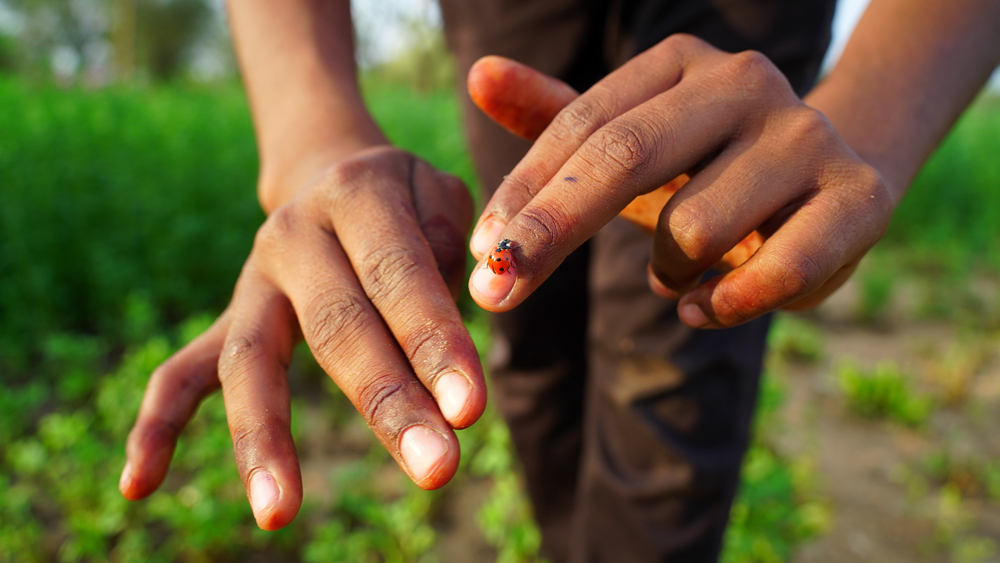Now Reading: Can Humans Really Smell Insects? The Debate Heats Up
-
01
Can Humans Really Smell Insects? The Debate Heats Up
Can Humans Really Smell Insects? The Debate Heats Up

Quick Summary
- Variations in the ability to smell insects and other scents are not surprising due to differences in how the olfactory system works.
- Humans detect smells through approximately 10 million olfactory sensory neurons (OSNs) that express one of around 400 types of odor receptors lining the nasal cavity.
- Each scent activates specific OSNs based on its chemical composition, leading to individual differences influenced by genetic variations.
- Hormones, such as insulin, impact scent perception, with hunger altering how smells like pizza are experienced.
- Negative associations can heighten sensitivity toward certain odors due to memory encoding linked with past experiences.
- Studies suggest a potential link between loss of smell and neurodegenerative diseases like Parkinson’s or Alzheimer’s. Though, failing an olfactory test onyl indicates a heightened risk-not certainty-of developing thes conditions.
Indian Opinion Analysis
The findings about individual variability in the sense of smell underscore the intricate interplay between genetics, hormones, and past experiences. For India-a country deeply intertwined with flavors and fragrances-the implications could extend into health diagnostics or food industries utilizing personalized approaches. Genetic studies into unique sensory experiences could complement ongoing advancements in neuroscience within India’s medical research sector. Furthermore, insights into links between smell loss and neurodegenerative diseases may strengthen early diagnosis efforts for disorders like Alzheimer’s among India’s aging population.
While applications might still be emerging globally from such research-India’s diverse cultural engagement with scents-from incense rituals to culinary arts-could see innovative contributions driven by these scientific developments.























